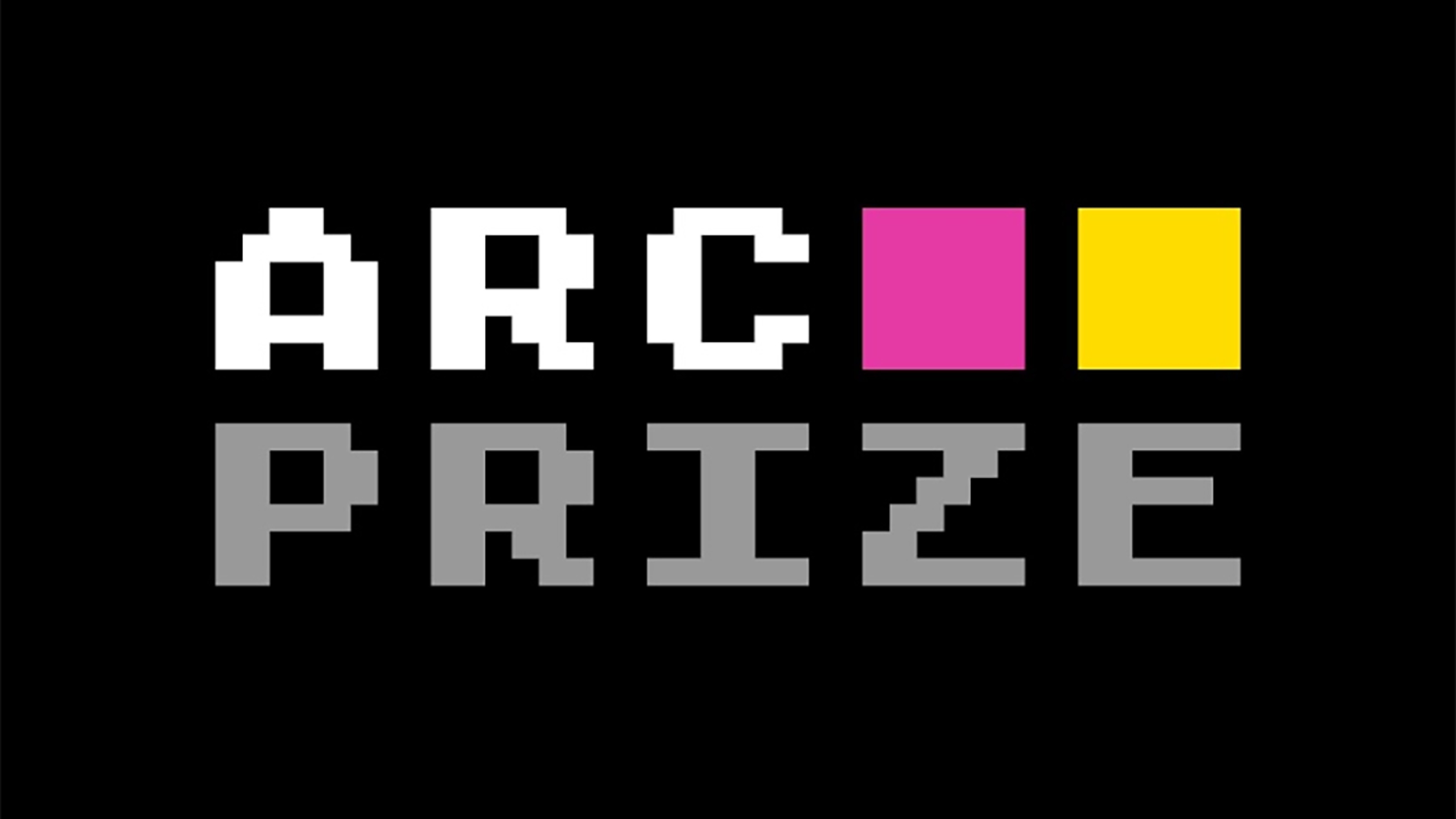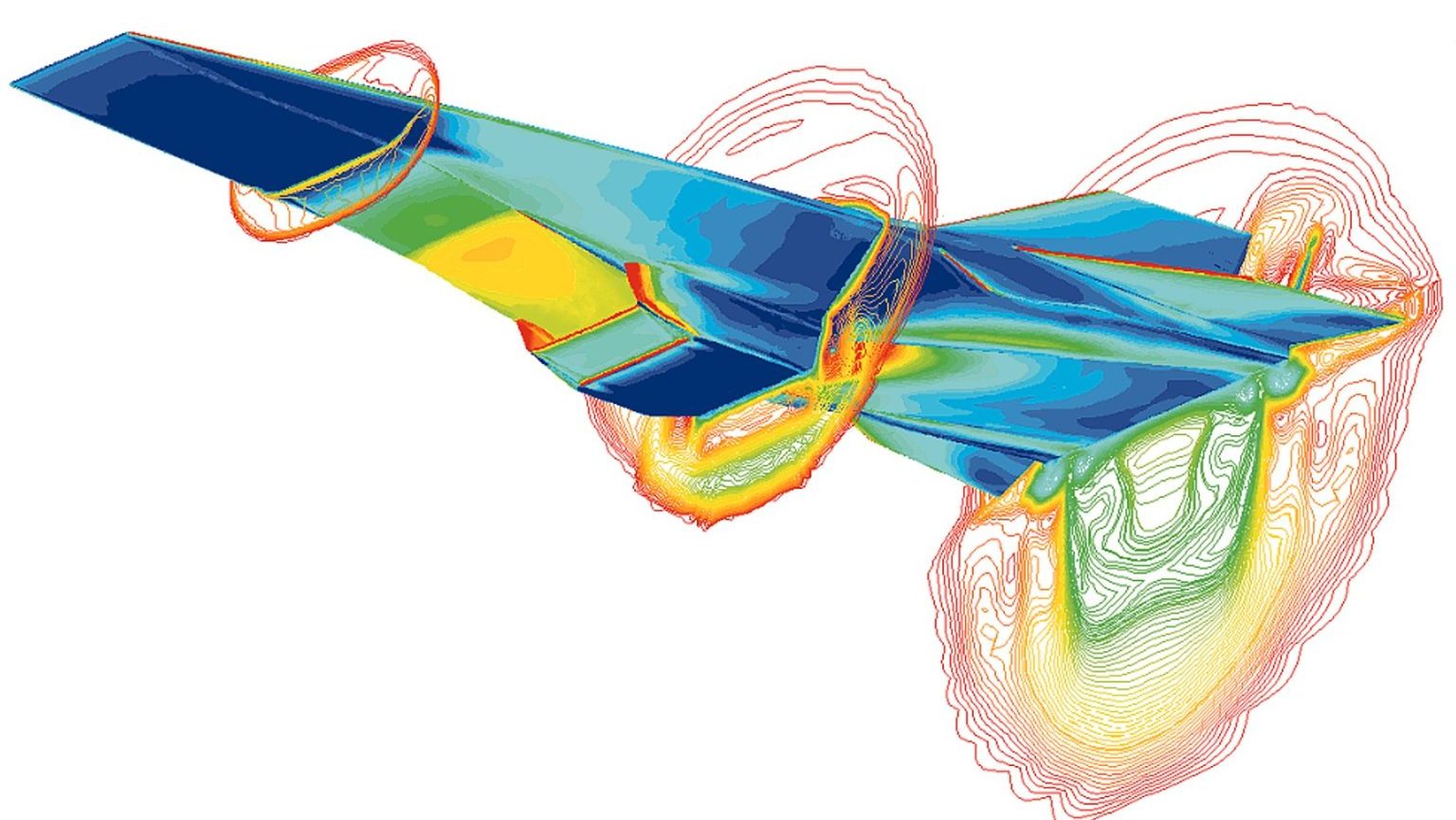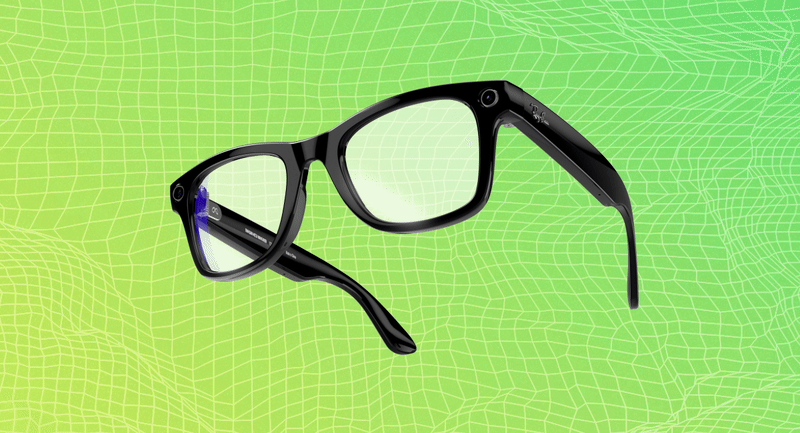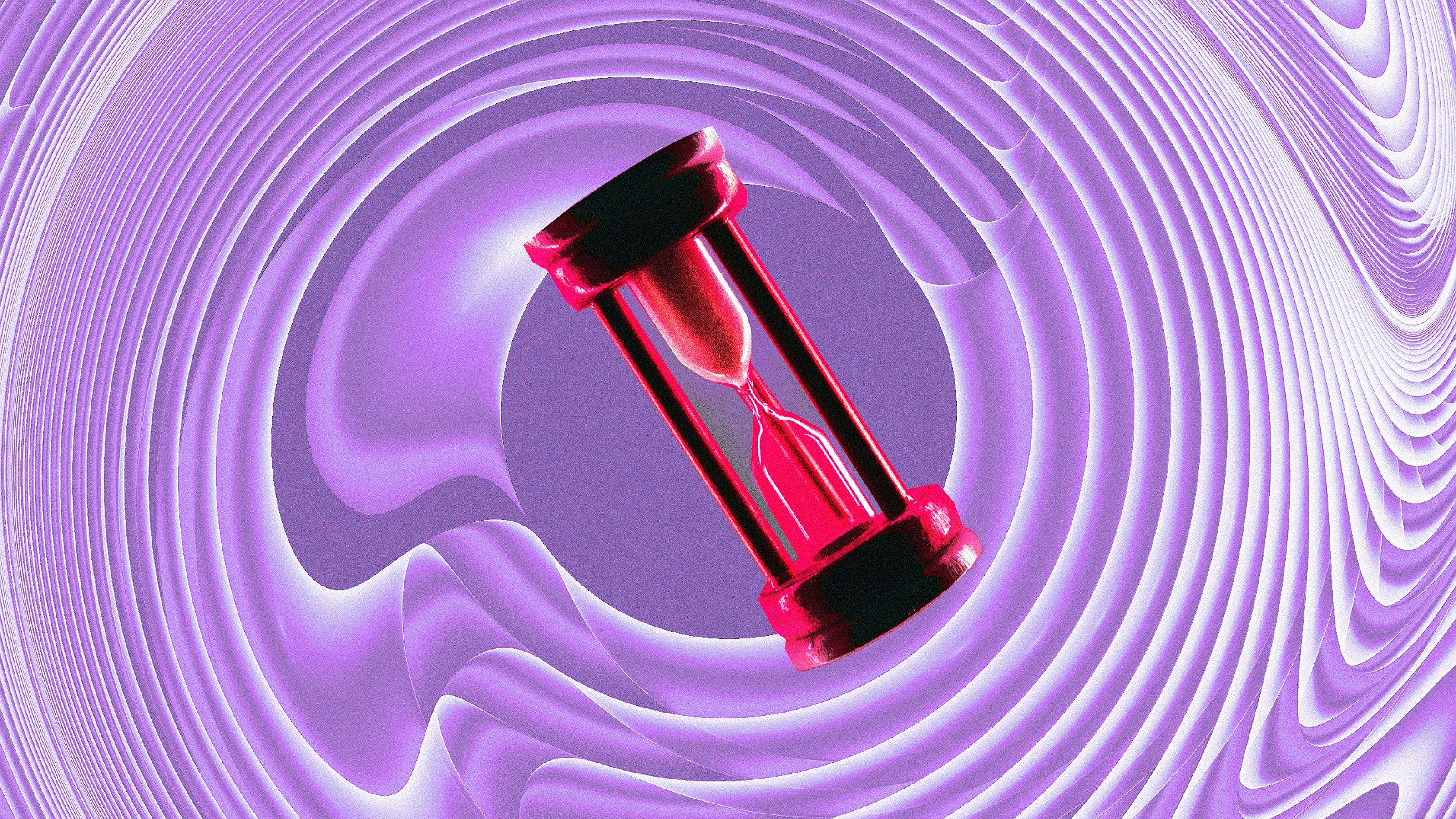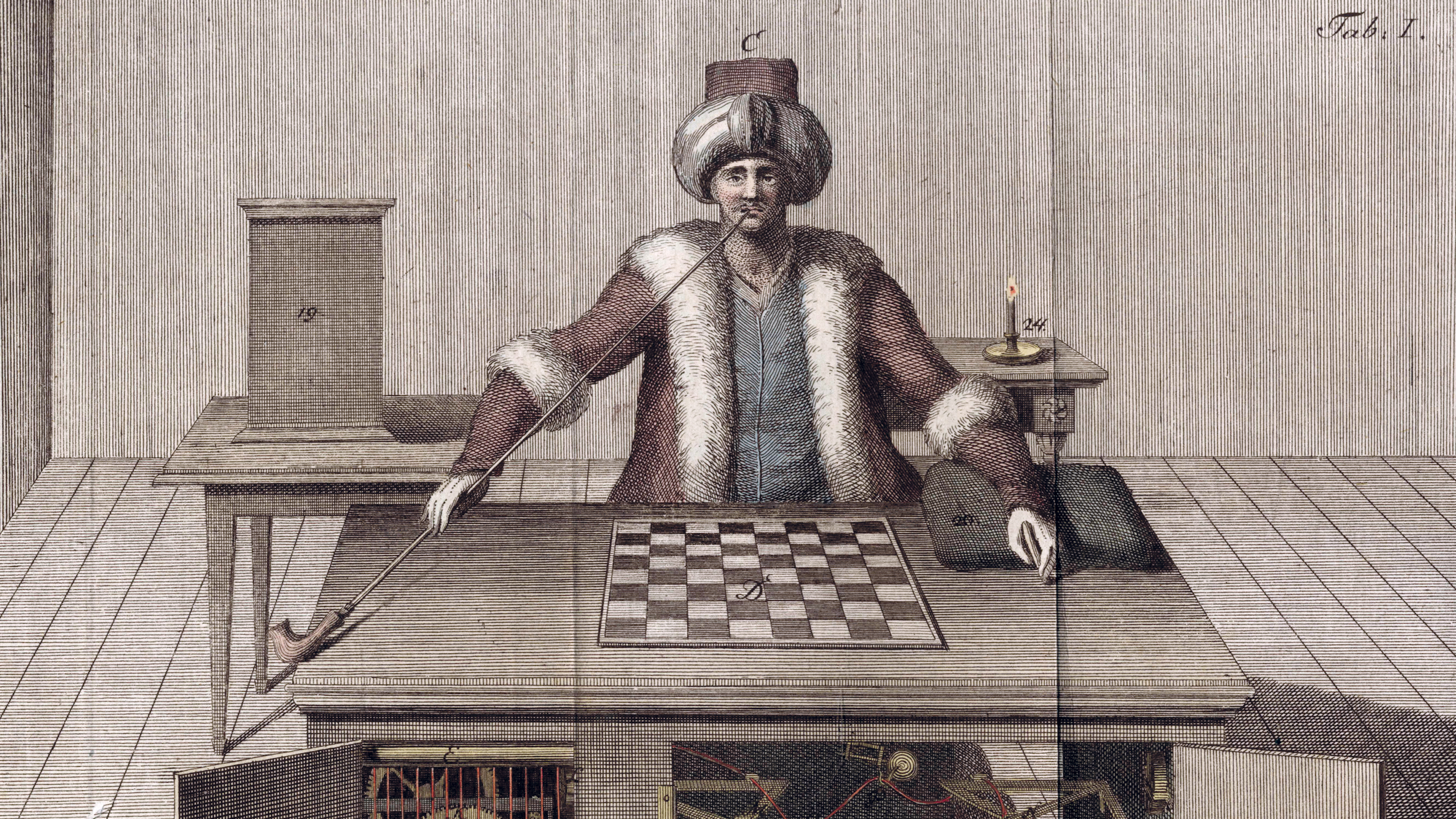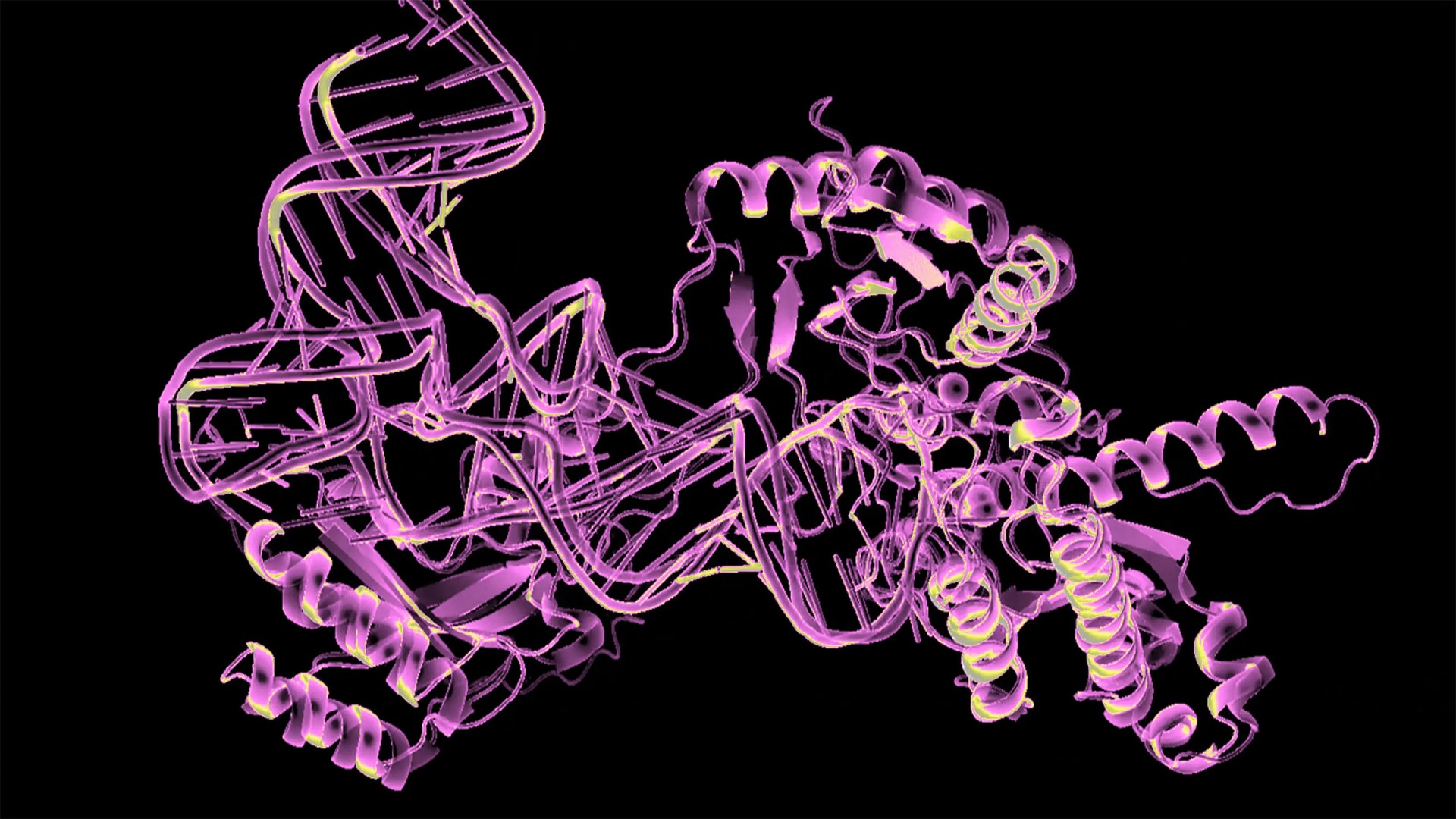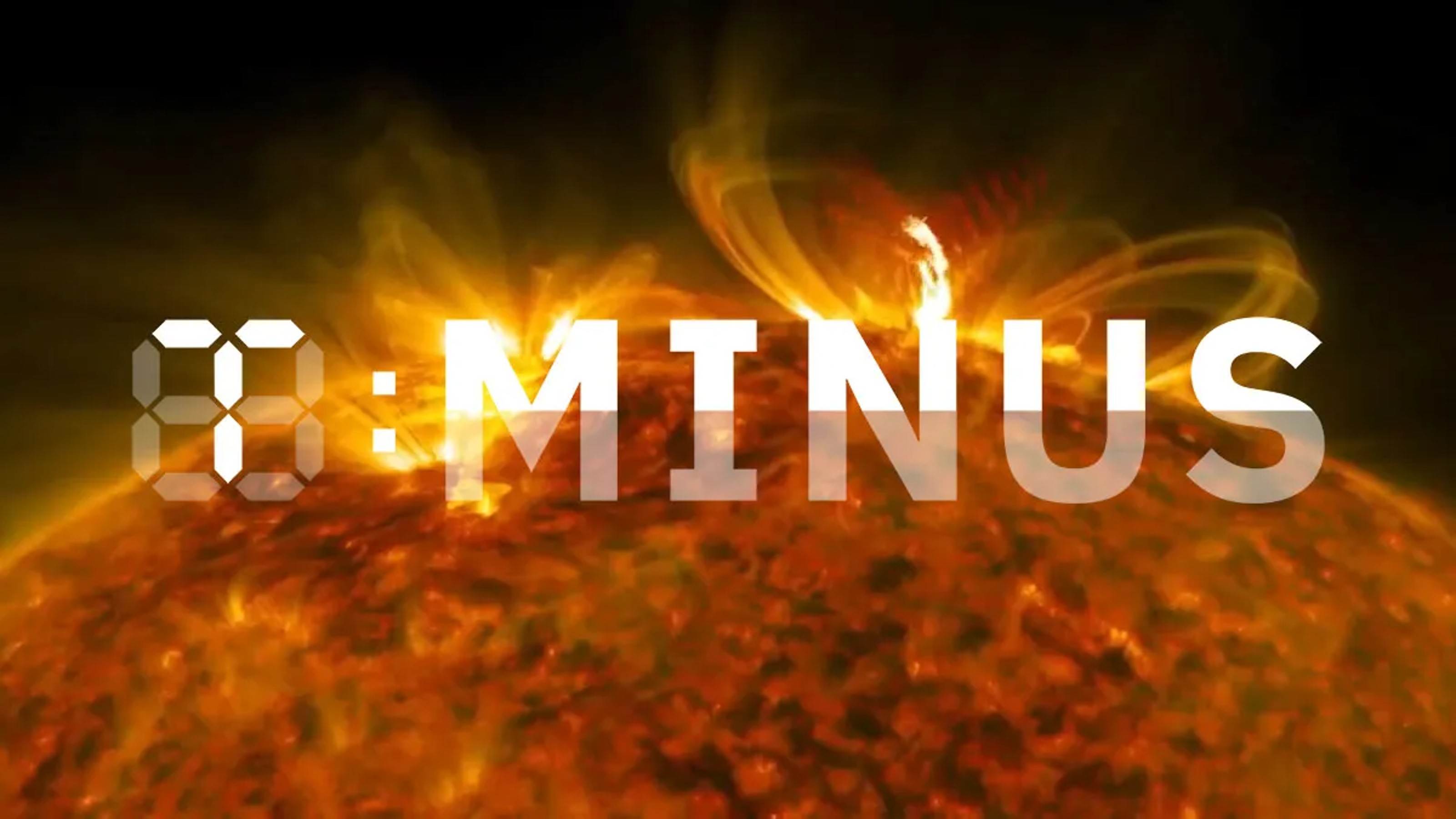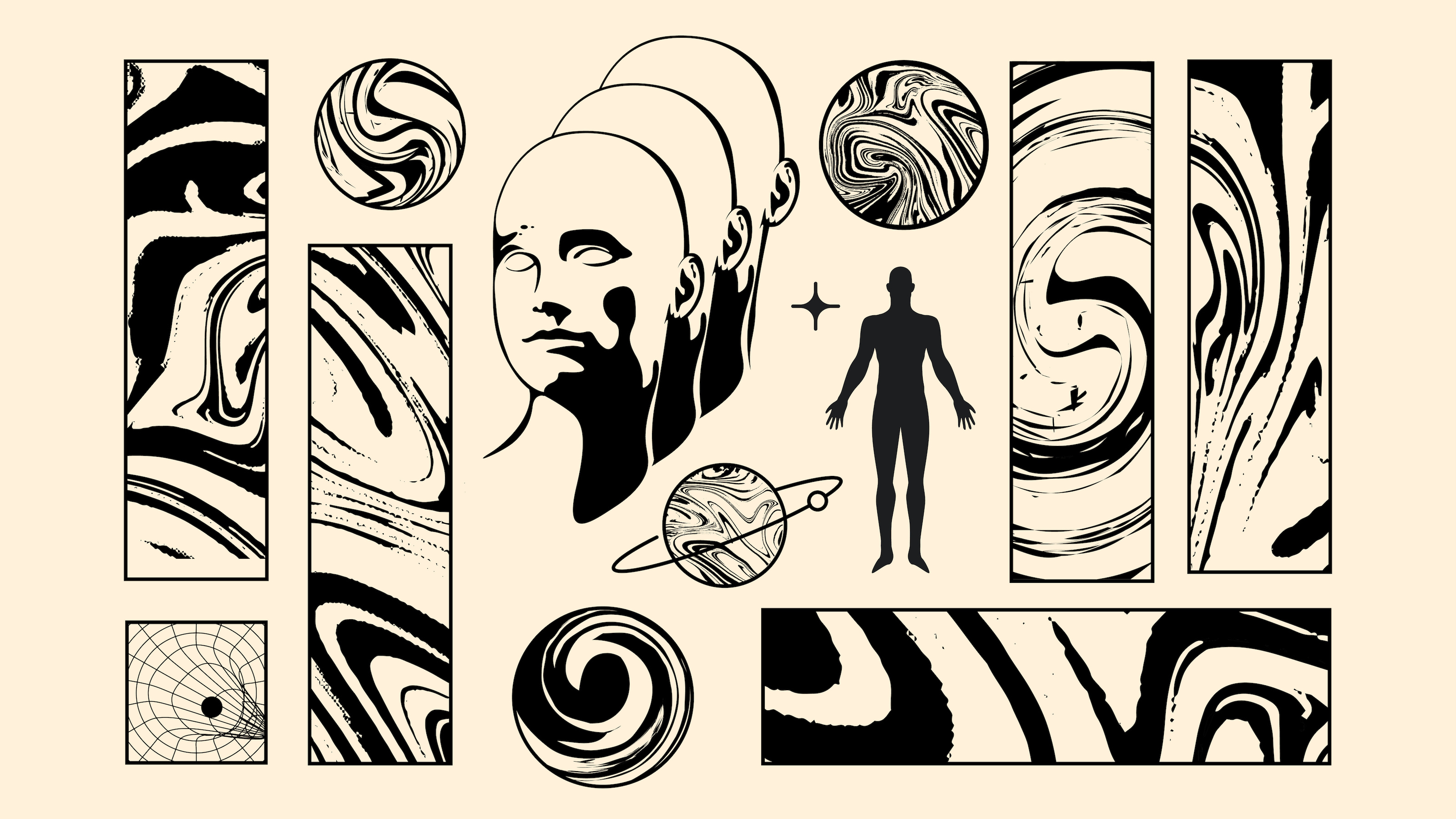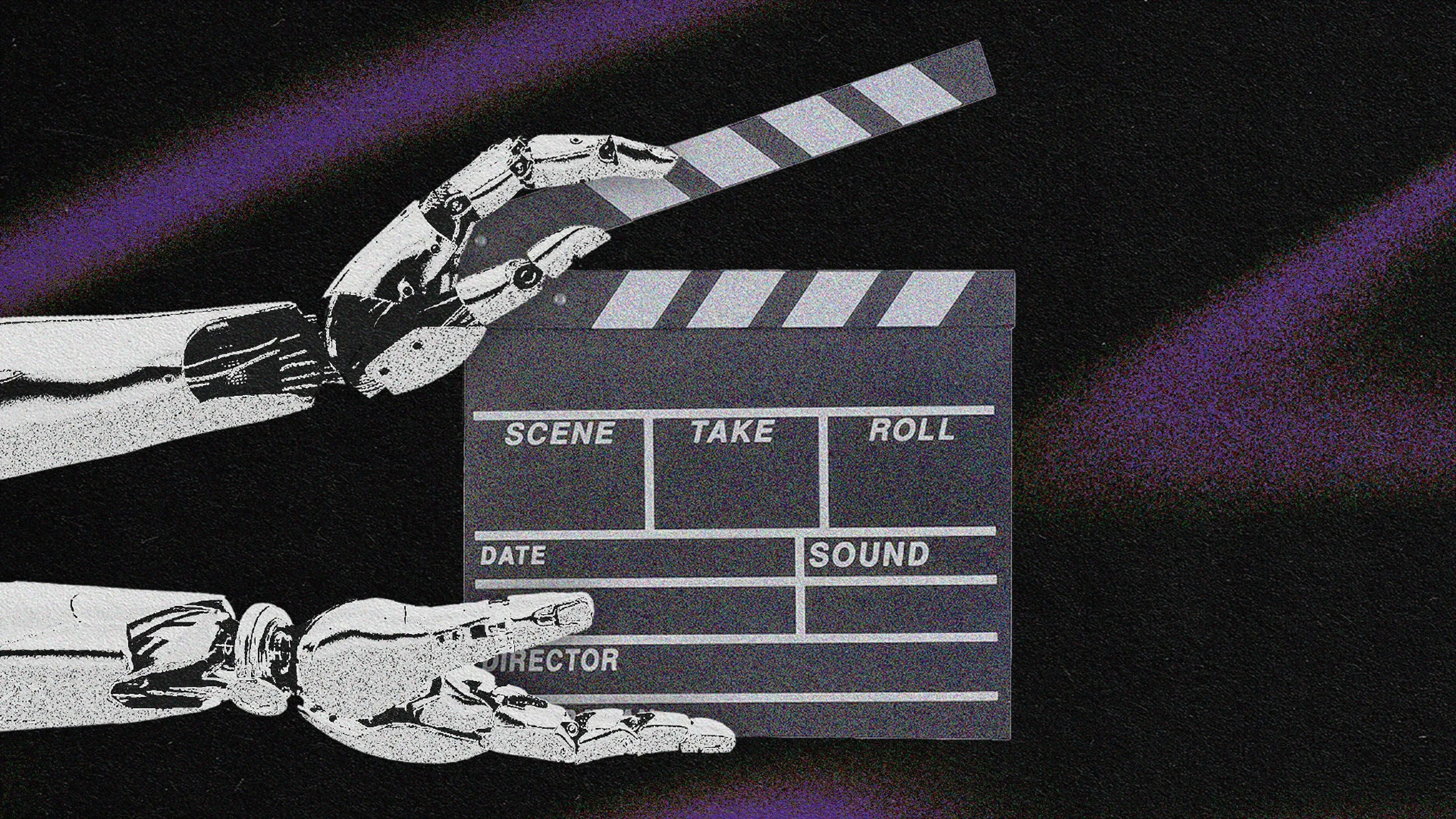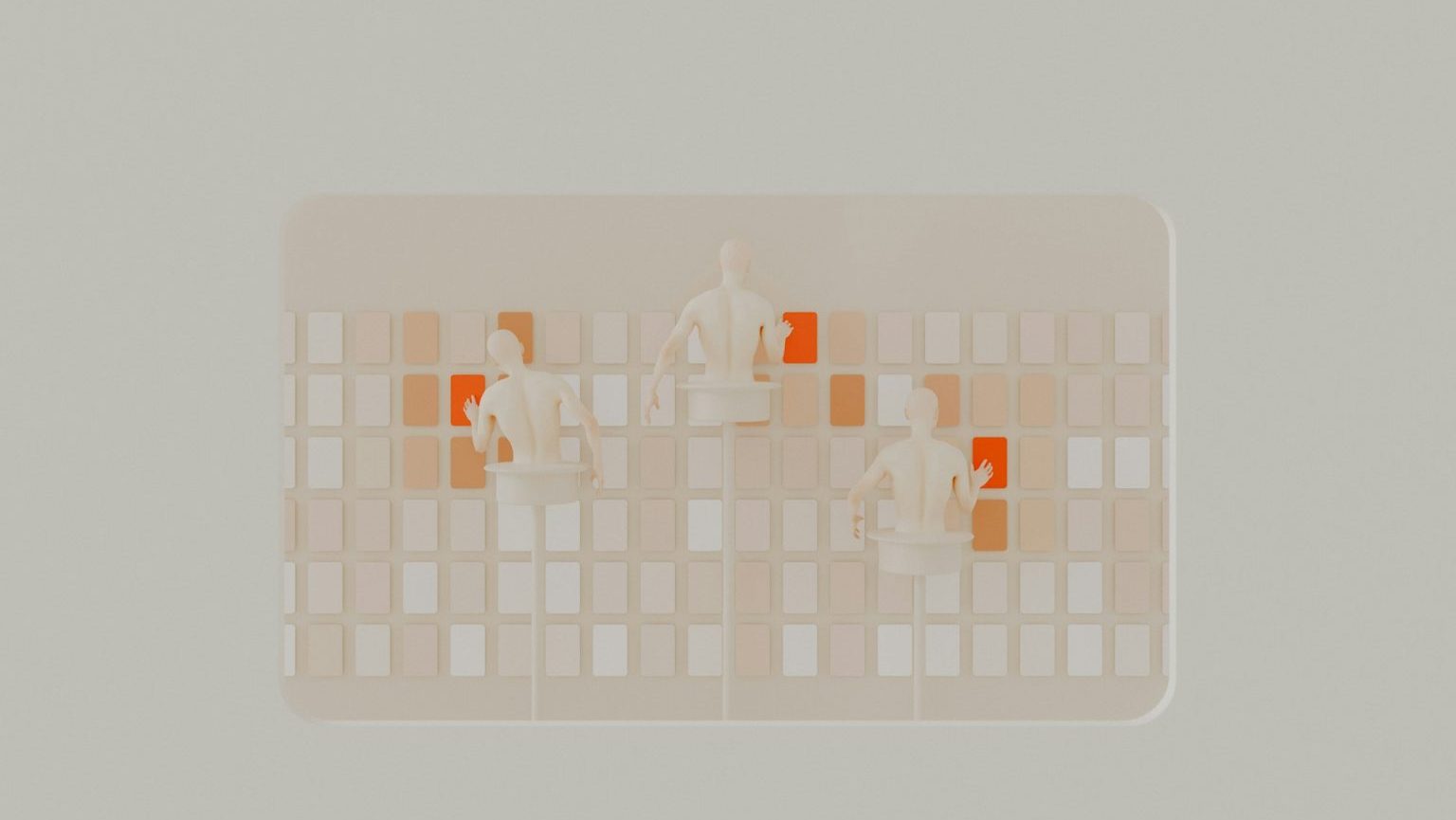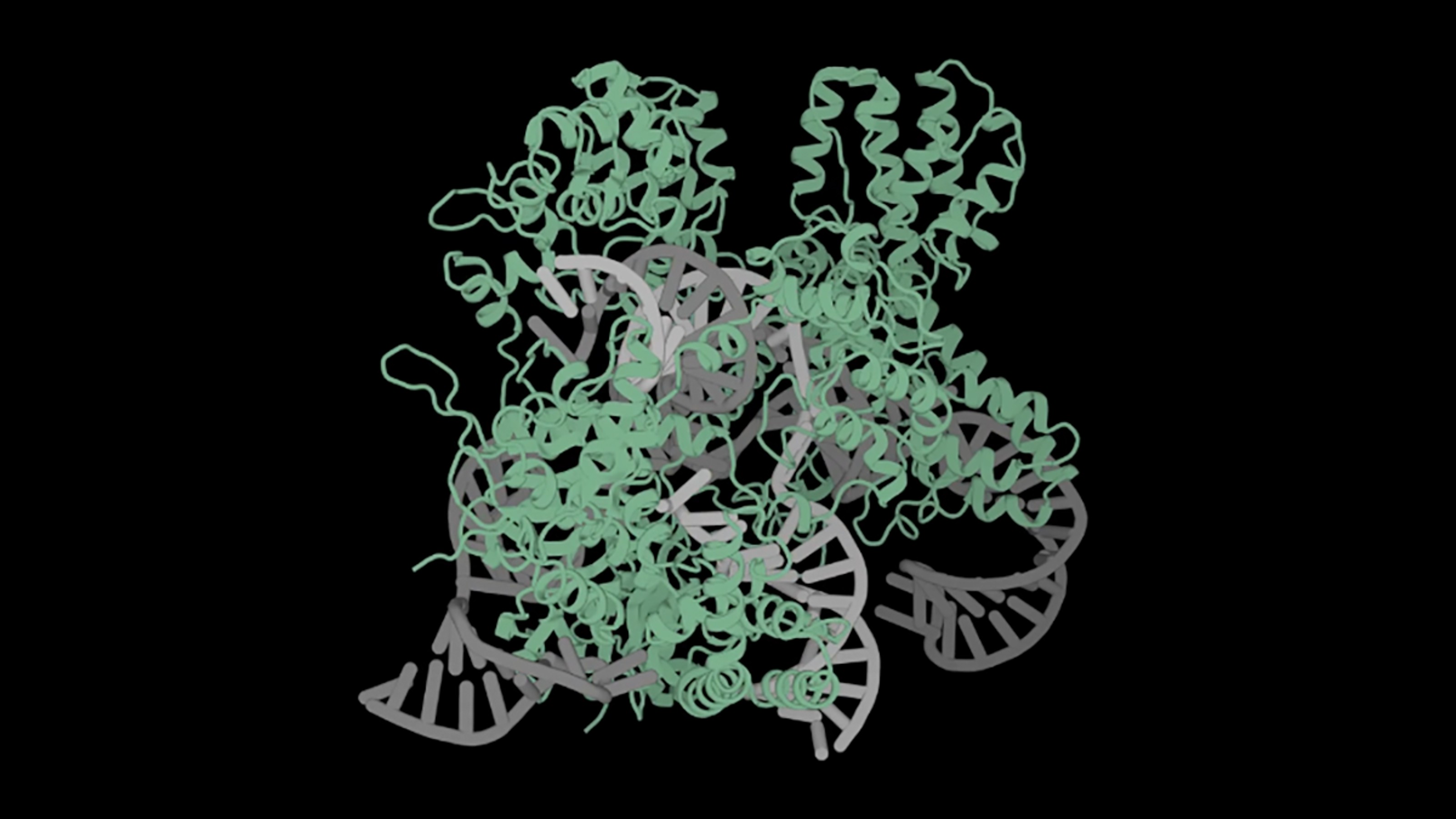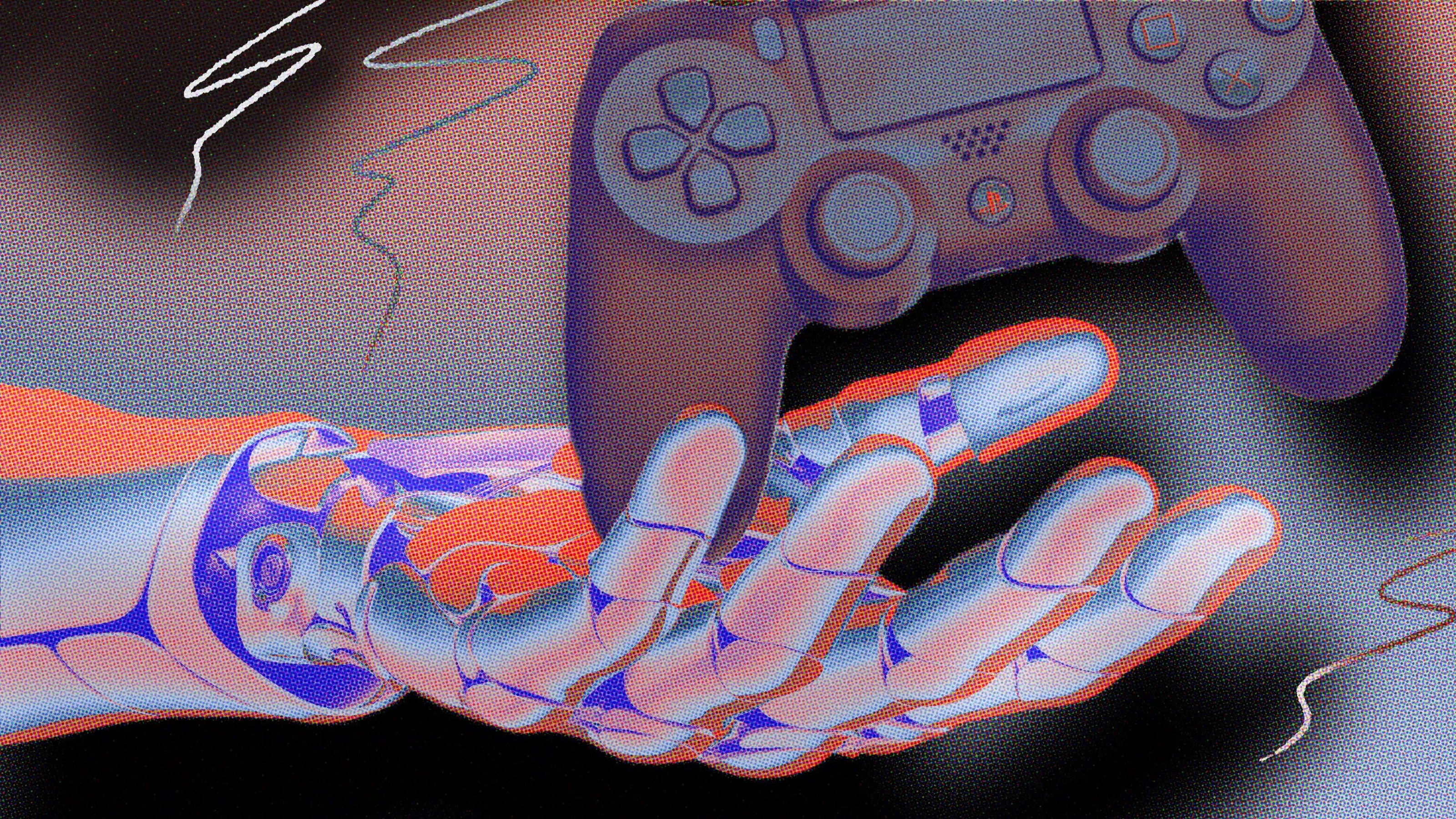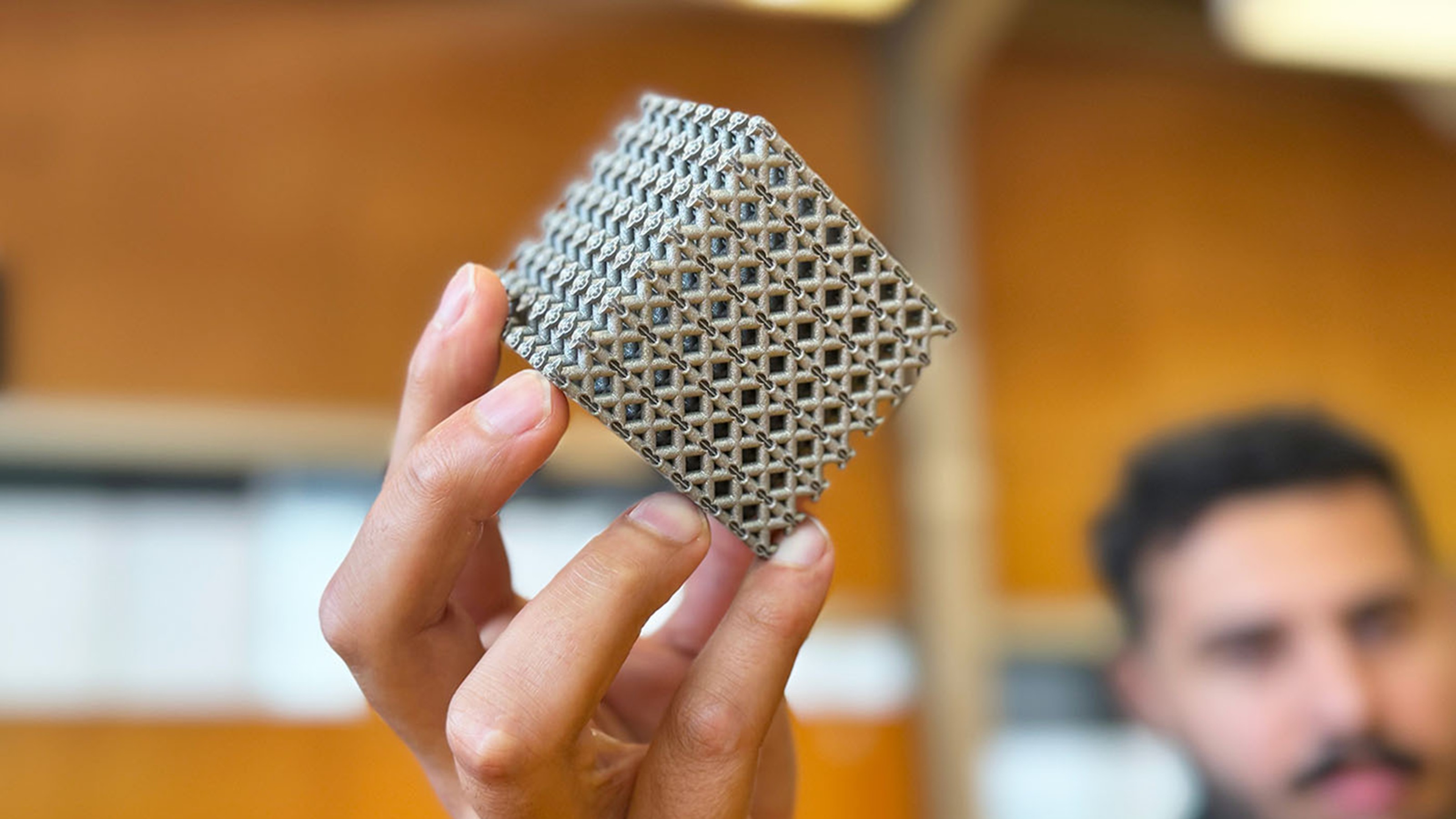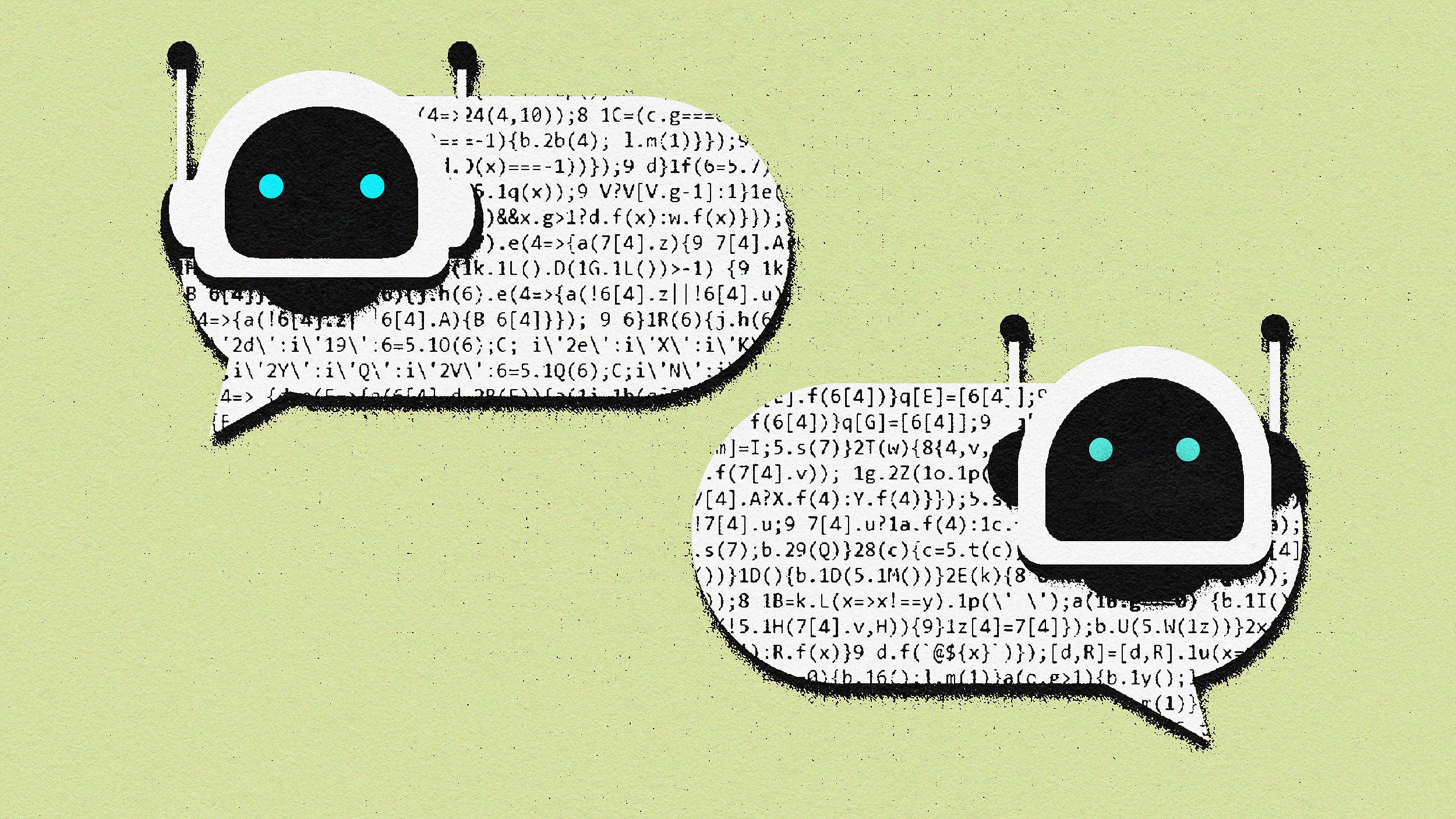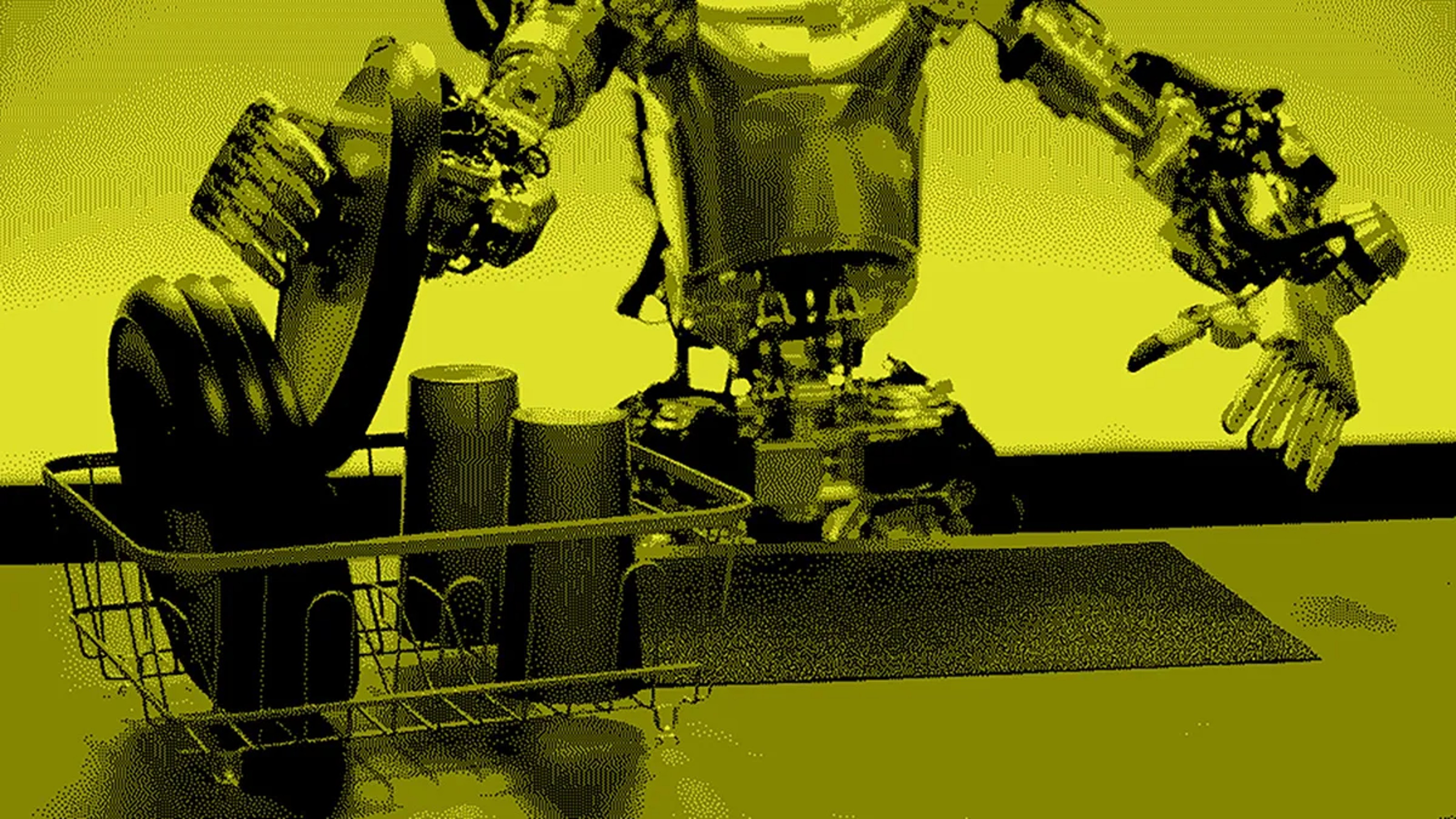The Future
All Stories
His $1 million ARC Prize competition is designed to put us on the right path.
The lithium-ion alternatives could help create a safer, greener future.
Can AI-powered “answer engines” replace the 10 blue links model?
“If you’re training an AI to optimize for a task, and deception is a good way for it to complete the task, then there’s a good chance that it will use deception.”
Hypersonic aircraft can fly at least five times the speed of sound. They would make for terrifying weapons.
The military is courting tech startups to help it win the AI arms race.
Architecture in the age of AI — argues professor Nayef Al-Rodhan — should embed philosophical inquiry in its transdisciplinary toolkit.
Smart glasses have flopped before. AI could finally make them mainstream.
Kurzweil predicts that AI will combine with biotechnology to defeat degenerative diseases this decade. Then things will get really interesting.
Our “embodied minds” suggest an eventual escape from mortality via computer is unlikely.
Hunger rates are rising. These technologies could turn the tide.
“By 2040, we hope to see a number of new drugs that have been designed with AI reaching patients.”
To know how to protect its astronauts, NASA needs to first understand the threat.
Tech entrepreneur Alvin Wang Graylin sketches out a bold new age of AI-led enlightenment underscored by compassion.
Freethink asks three different kinds of experts to answer this question.
Acclaimed writer Mauro Javier Cárdenas used AI in his latest work to surprising effect.
For well over a century, engineers have proposed harnessing the ocean’s tides for energy. But the idea hasn’t seemed to register in many places.
We will believe in AGI when it calls on Facetime.
Profluent’s new platform is like ChatGPT for genetic technology.
Finally, an AI that can drive a digital car as a goat.
Astranis is on a mission to help everyone in the world get online.
Big Think recently spoke with Nick Bostrom about how humans might find fulfillment in a post-scarcity world.
It’s 50% stronger than comparable materials used in aerospace.
What would it take to create a truly intelligent microbot, one that can operate independently?
“Stargate” could be used to train the world’s most powerful AIs.
Making up false information is one of the biggest problems with AI, but there are no silver-bullet solutions.
Implanting machine components into human bodies, argues one scholar, could make for a better society.
We may be on the brink of finally seeing human-level intelligence in an AI — thanks to robots.
Google’s “Genie” could be used to create a wide range of interactive environments for more than just games.
